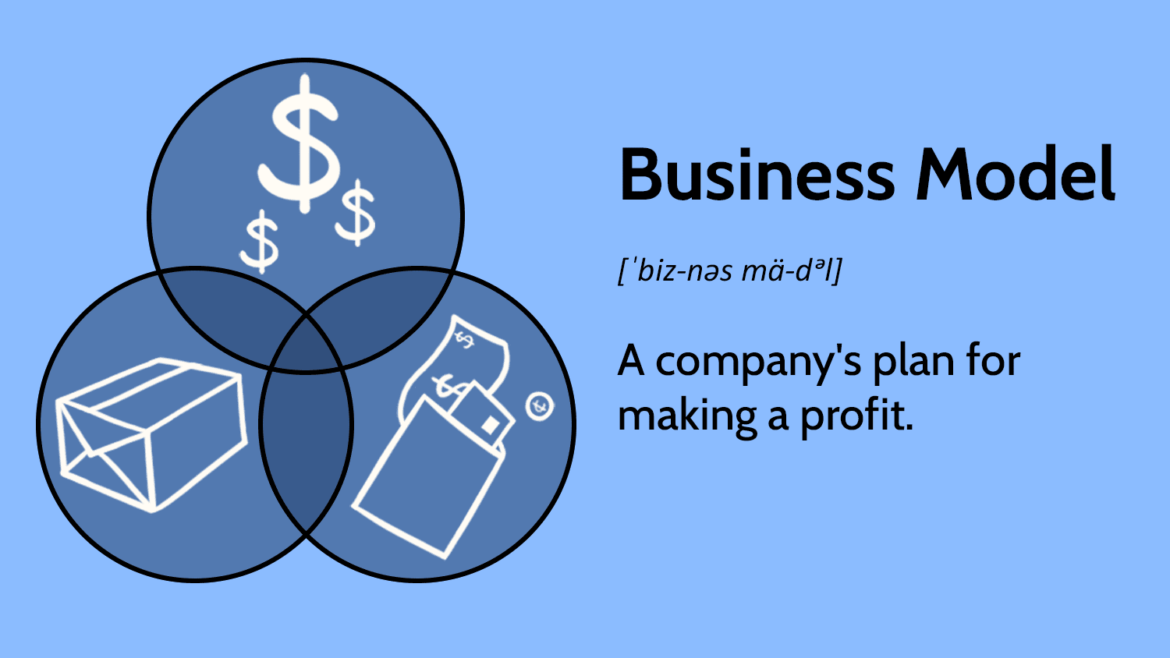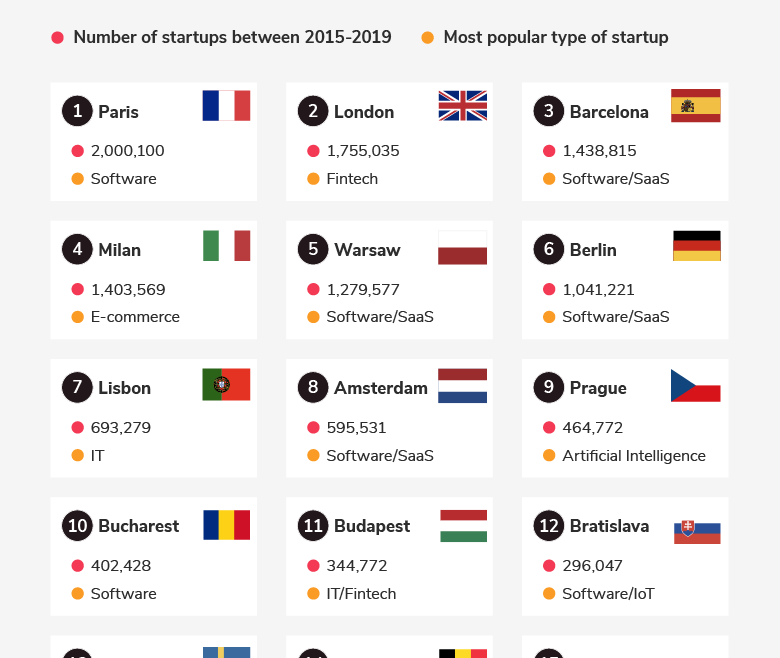Simple Business Models for Small and Medium Enterprises (SMEs)
Simple Business Models for Small and Medium Enterprises (SMEs) https://theraise.eu/wp-content/uploads/2023/11/businessmodel-85ce9a0a59e642cd941204a92ee873de-1024x683.png 1024 683 RAISE fosters startup growth and scale-up within and across Europe https://theraise.eu/wp-content/uploads/2023/11/businessmodel-85ce9a0a59e642cd941204a92ee873de-1024x683.pngIn the vast world of business, Small and Medium Enterprises (SMEs) play a crucial role in driving economic growth. These businesses, while smaller in scale, can thrive by adopting effective business models tailored to their needs. Let’s explore some simple yet powerful business models that can pave the way for success in the SME landscape.
- The Service-Oriented Model: SMEs can build a strong foundation by focusing on providing services that meet specific needs in their communities or industries. Whether it’s consulting, marketing, or specialized skills, offering valuable services can create a steady stream of income and build lasting relationships with customers.
- The Product Reseller Model: Many successful SMEs excel by acting as intermediaries, reselling products sourced from larger manufacturers. This model minimizes the need for extensive production facilities and allows businesses to concentrate on effective marketing, distribution, and customer service.
- The Subscription-Based Model: Embracing a subscription-based approach can provide a consistent revenue stream for SMEs. Whether it’s a monthly service, product delivery, or exclusive access, this model offers customers ongoing value and businesses a reliable income source.
- The Digital Platform Model: In the digital age, SMEs can leverage online platforms to reach a broader audience. Selling products or services through e-commerce platforms, setting up an online marketplace, or offering digital solutions can significantly expand the market reach of SMEs without the need for a physical storefront.
- The Local and Personalized Approach: SMEs can capitalize on their agility and personalized service by catering to local markets. Building strong relationships within the community, understanding local needs, and tailoring products or services accordingly can create a loyal customer base.
- The Franchise Model: For SMEs with a successful and replicable business concept, franchising can be a strategic expansion model. This allows businesses to grow their brand presence and revenue without the burden of managing multiple locations themselves.
Choosing the Right Path: Tailored Strategies for SME Prosperity
In the diverse landscape of SMEs, adopting a suitable business model is crucial for sustainable growth. Whether through providing services, reselling products, embracing digital platforms, or adopting a subscription-based approach, the key lies in understanding the strengths of the business and catering to the needs of the target audience. By navigating these simple yet effective business models, SMEs can chart a course for success in the competitive business world.
Photo via Investopedia











